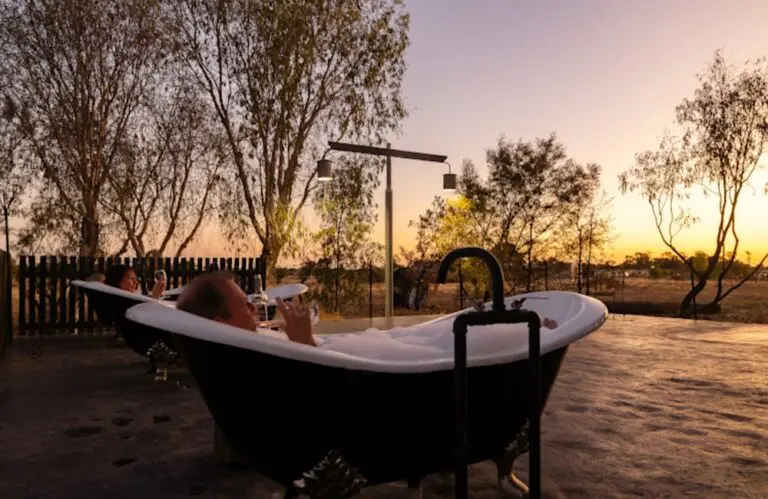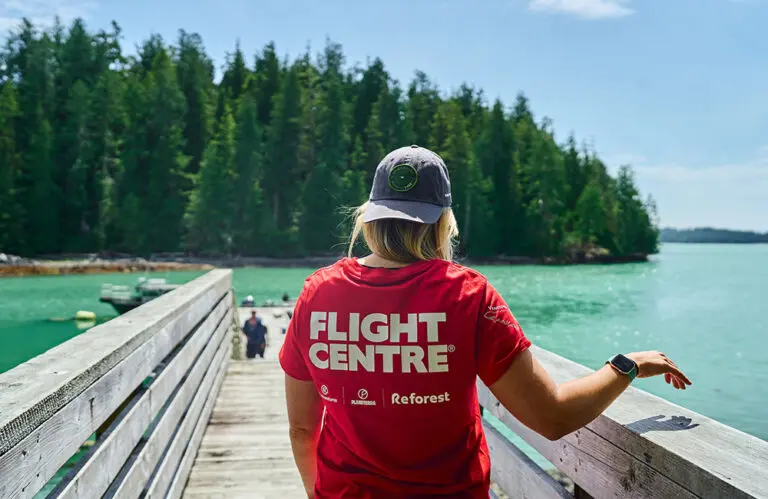Technology and mass tourism have opened up the world for more people to discover, but it’s also created a divide between travellers and the locals who call that exotic destination home.
It’s sad to see, but many of us now travel in little bubbles that prevent us from having authentic travel experiences.
Instead of staying in family run guesthouses and basic hotels that haven’t yet been uploaded onto online booking websites, we’re opting for multi-national hotel chains and hostels staffed with foreign backpackers – comfortable and convenient, yes, but only at the expense of shutting ourselves from the reality of the country we’re visiting.
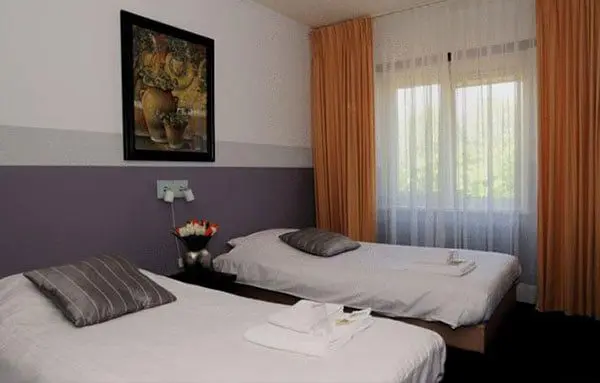
Source: booking.com
Then there’s the fact that most travellers these days are relying on their smartphones to get directions instead of asking a local (not to mention the equally disturbing phenomenon whereby travellers don’t even talk to each other anymore, preferring to chat to their mates back home on Facebook and uploading selfies on Instagram). We’re becoming so independent and shy to engage with locals that it’s almost anti-social.
Indeed, travel just ain’t what it used to be 20 or 30 years ago, and in many respects, it’s just become too easy.
These developments have created a state of affairs where many travellers (or are they tourists? Is there even a difference?) are to a greater extent removed from local communities and the true spirit of travelling that comes from getting out of our comfort zones and connecting with people from totally different cultures and ways of looking at the world.
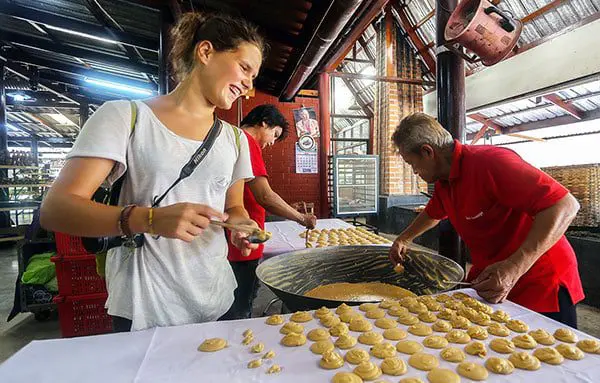
Source: blog.takemetour.com
What’s the point in spending thousands of dollars and using your annual leave travelling to some far-flung part of the world if you’re only going to stay in a well-known hotel chain and dine at restaurants that only other tourists go to?
Ask most people about their most memorable travel experiences, and odds are you’re not going to hear them rave about the buffet breakfast they gorged through at their five-star hotel, or the great coffee they had at that cafe that offered fast free Wi-Fi.
They’re probably going to tell you about that time they walked down some random street in Rome and found the most delightful restaurant serving some of the best food they’ve ever eaten. Or the conversations they had over cups of tea with the family that ran a rustic guesthouse they stumbled upon one day in Sri Lanka.
These are the travel experiences that make a real impact – for both you and the locals you meet – and this is what travelling is ultimately all about.
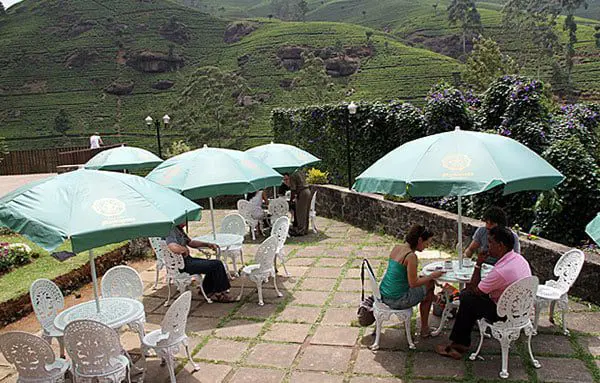
Source: srilanka.for91days.com
Thankfully, there are many travel companies that are seeking to bridge this gap and combine the best of both worlds: comfortable and convenient travel products combined with authentic interaction with locals.
This is basically the direction the industry is heading in this year, and here at KarryOn we’re strong and staunch supporters of it all. We basically believe that travel has the power to change the world, and the kind of travel that helps and engages with local communities is the kind of travel we have in mind.
But it’s also possible to have a more authentic travel experience starting from today, just by choosing to go local at every opportunity you get. For example, sit down for a meal at a restaurant packed only with locals; choose local transport instead of tourist-aimed services; and randomly walk into that rustic looking guesthouse and inquire about availability.
True, travelling in this way is much harder as you don’t have the convenience of booking all your accommodation from the comfort of your phone, but true gems are worth searching for… Don’t you agree?




